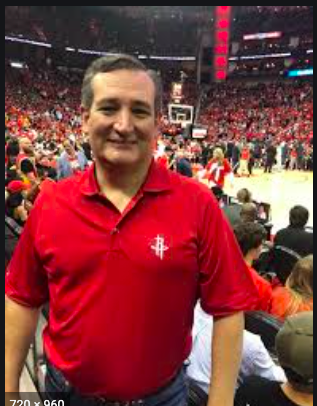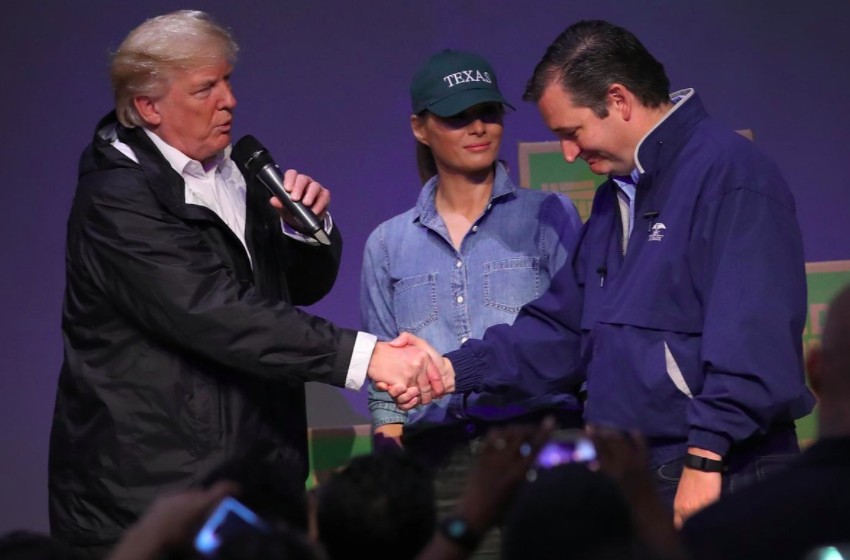
1. I have some good news and bad news about Trump's CPAC speech.
2. The good news is that although Trump gestured at running again it was a low energy performance and his heart didn't seem in it. That could change but right now he doesn't seem in campaign mode.
3. The bad news is that Trump even if Trump doesn't run again he's very intent on maintaining his stranglehold on the GOP. Many gestures about punishing his Republican enemies.
4. In other ways beyond Trump's speech, CPAC showed a Trumpized GOP. Trump may or may not run again but the Trumpization of GOP is continuing. The Civil War in party is over & Trump has won. More here: thenation.com/article/politi…
• • •
Missing some Tweet in this thread? You can try to
force a refresh







